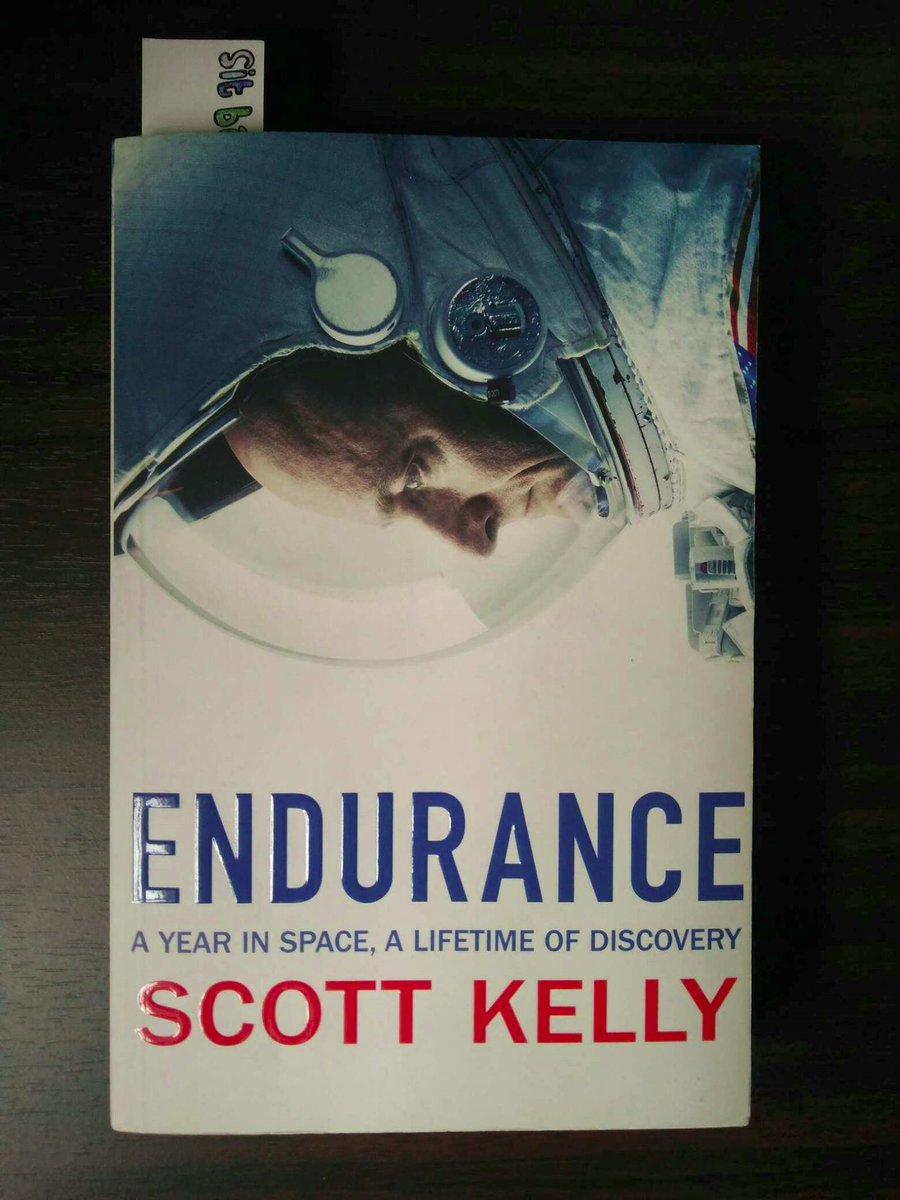First, definitions:
A system is "complex" if it is "differentiated" & "integrated". This is typically good.
"Integration" = "the extent to which the different parts communicate and enhance one another's goals".
Organisms exist within broader systems called "environments", which are often themselves organisms.
Otherwise, it is "parasitic", exploiting other organisms (adding entropy to environment) to obtain energy for its own purposes.
It is "forced on [organisms] by the fact that [they] fall apart with time unless they become more efficient."
1. Organisms tend to keep shape & reproduce
2. Organisms require inputs of external energy for survival & reproduction
3. Organisms take as much energy out of the environment as they can, limited only by threats to their integrity.
...
4. Organisms more successful in extracting energy from their environment tend to live longer and reproduce more.
5. When organisms extract energy too successfully, they destroy their environment, and themselves in the process.
...
6. There are two opposite tendencies in evolution: changes that lead toward harmony & those that lead toward entropy.
7. Harmony is usually achieved by evolutionary changes that increase an organism's complexity.
Harmony is good.
Memes are organisms that "control our psychic energy" (cf. Freud's model of the mind). They "instruct us to act, just as genes do."
MC believes we should practice eunemics to increase complexity within our selves & society: "the evolution of memes is now much more critical than genetic evolution in determining our future."
Premise: society is a system (cf. Parsons') that develops "structures" to take care of "functions" such as "adaptation", "i.e. of extracting calories from the environment."
To show concretely, MC notes Confucianism and Huizinga's work on social institutions' origins as games.
"Exploiters alternate more rapidly than Marx would have thought possible... oppressors often start as protectors & later turn into exploiters."
- oppression (taking away freedom/agency)
- parasitism (draining energy)
- mimicry (appealing under false pretenses, then defrauding; "taking on the coloration of the positive image of a more complex identity", cf. TLP on Narcissism)
"The values, rules, habits, and attitudes we inherit are useful & necessary, but not absolute." Fears of "racial dilution" = loss of trad. memes, not genes.
"Boredom directs us to seek new challenges, anxiety urges us to develop new skills; the result is that, to avoid negative feelings, a person must grow in complexity."
In pop-intellectual fashion, the book uses many examples, which obfuscate the big picture. Its conclusions are often unsatisfying.
"To say that artists cause the evolution of art reveals an anthropocentric bias; it would be more accurate to say that artists are the medium through which art works evolve."





